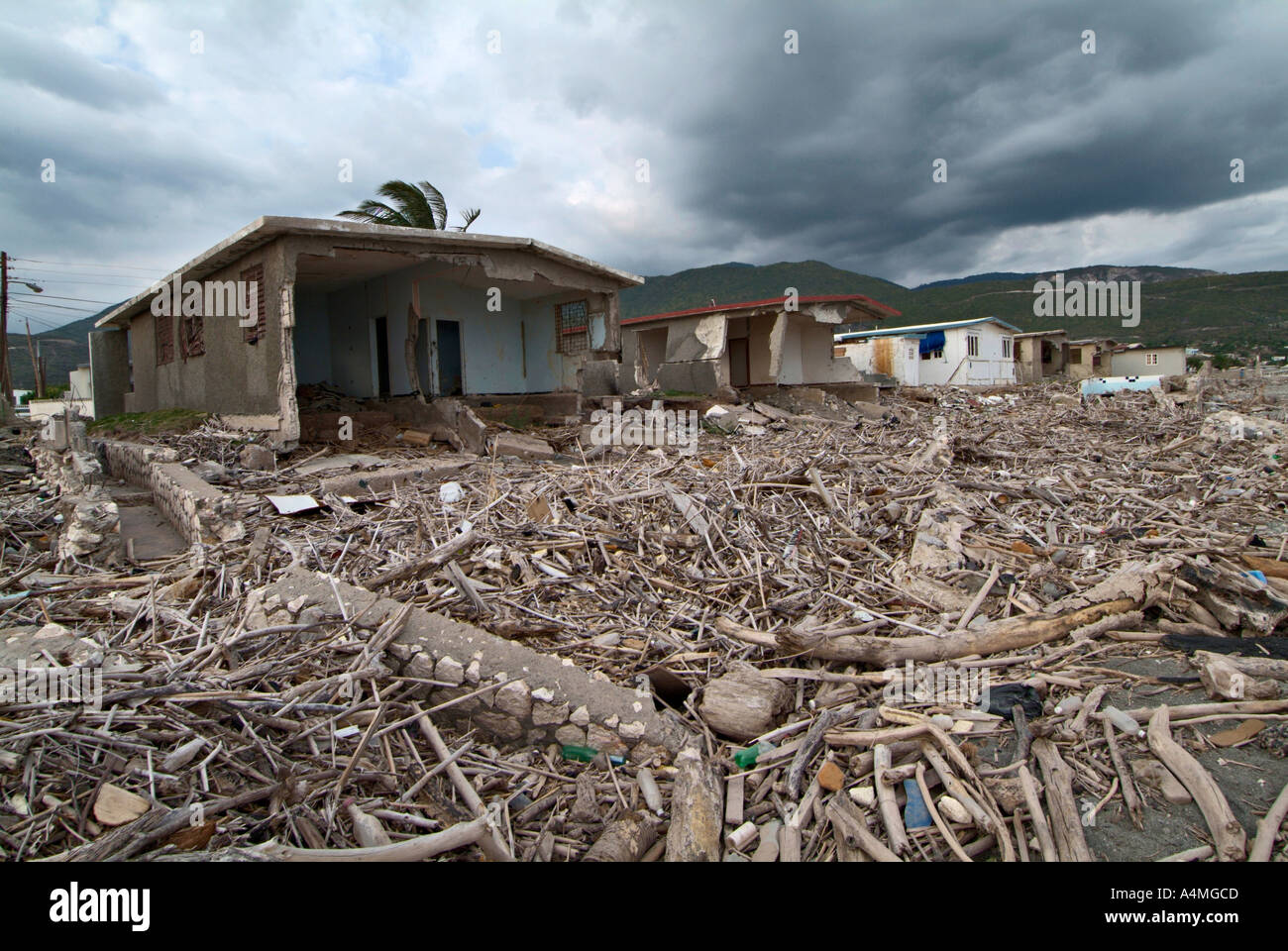Impact Assessment: Hurricane To Hit Jamaica

Hurricane to hit jamaica – Jamaica is expected to face the brunt of the hurricane, with the potential for widespread damage and disruption. The island’s infrastructure, economy, and communities are all at risk.
The relentless hurricane threatens Jamaica, leaving its inhabitants bracing for impact. Amidst the looming storm, news of DeSantis’ vetoes echoes through the halls of power. Yet, as the hurricane’s fury approaches, the focus returns to the impending natural disaster that threatens to ravage the island.
The hurricane is predicted to make landfall in the eastern part of the island, bringing with it high winds, heavy rainfall, and storm surges. These conditions could cause significant damage to buildings, roads, and bridges. The island’s electrical grid is also vulnerable to damage, which could lead to widespread power outages.
The looming hurricane threatens to unleash its fury upon Jamaica, bringing with it torrential rains and devastating winds. As the storm approaches, all eyes turn to Hurricane Beryl , a powerful system that has already left a trail of destruction in its wake.
Its impact on Jamaica remains uncertain, but the potential for widespread damage and loss of life is undeniable. As the hurricane draws closer, residents brace themselves for the inevitable onslaught, hoping that they will emerge from this storm’s fury.
Economy
The hurricane is also likely to have a significant impact on Jamaica’s economy. The tourism industry, which is a major source of revenue for the island, is expected to be heavily impacted. The hurricane could also damage crops and livestock, which would have a negative impact on the island’s food supply.
Communities, Hurricane to hit jamaica
The hurricane could also have a significant impact on Jamaica’s communities. The storm could cause widespread flooding, which could displace thousands of people. The hurricane could also damage homes and schools, which could disrupt the lives of many Jamaicans.
Preparatory Measures
In the face of an impending hurricane, the Jamaican government and various organizations have mobilized to ensure the safety and well-being of the populace. A comprehensive plan of action has been implemented, encompassing measures to safeguard lives, protect property, and minimize the impact of the storm.
Government Initiatives
The government has declared a state of emergency, activating disaster response protocols and coordinating efforts with relevant agencies. Resources have been allocated to provide food, shelter, and medical assistance to affected communities. Emergency shelters have been established and evacuation routes identified to facilitate the safe relocation of residents from vulnerable areas.
Community Preparedness
Residents are strongly advised to take proactive steps to prepare their homes and businesses for the hurricane. This includes securing loose objects, trimming trees, and reinforcing windows and doors. Emergency supplies should be gathered, including non-perishable food, water, first aid kits, and medications.
Evacuation Plans
Evacuation plans are crucial for ensuring the safety of individuals in the event of a mandatory evacuation order. Residents should familiarize themselves with evacuation routes and designated shelters. It is essential to have a plan in place for transportation and communication during an evacuation.
Historical Context
Jamaica has a history of being impacted by hurricanes, with some of the most notable events including Hurricane Gilbert in 1988, Hurricane Ivan in 2004, and Hurricane Dean in 2007. These hurricanes caused widespread damage and loss of life, highlighting the importance of preparedness and disaster risk reduction.
The expected strength and trajectory of the current hurricane are being closely monitored and compared to historical events to assess potential impacts. By understanding the patterns and behaviors of past hurricanes, authorities can make informed decisions about evacuation plans, resource allocation, and emergency response measures.
Lessons Learned from Past Experiences
Past hurricanes have taught valuable lessons that can inform current preparedness efforts. For example, the devastation caused by Hurricane Gilbert led to the establishment of the National Hurricane Center in Jamaica, which provides timely warnings and forecasts.
Additionally, the experience of Hurricane Ivan highlighted the need for stronger building codes and improved infrastructure to withstand high winds and flooding. The lessons learned from these past events have helped shape Jamaica’s disaster preparedness and response strategies, making the country better equipped to mitigate the impacts of future hurricanes.
